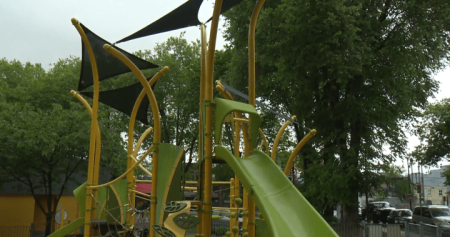The Canadian Security Intelligence Service (CSIS) director, David Vigneault, has revealed that his agency had intelligence indicating that the government of China attempted to funnel around $250,000 through a network of “threat actors” to interfere in Canadian elections. This information was presented at Canada’s inquiry into foreign election interference, which is focused on potential meddling during the 2019 and 2021 elections. According to the CSIS summary, 11 political candidates and 13 political staff members were believed to be either implicated or impacted by this group of threat actors, who were associated with the government in Beijing and working covertly to advance China’s interests through Canadian democratic institutions. The document suggested that some of these threat actors received financial support from the People’s Republic of China.
Specifically, the money was thought to have been transferred through an influential community leader to the staff member of a federal election candidate in 2019 and then to an Ontario Member of Provincial Parliament (MPP). Vigneault emphasized that the information presented was an intelligence summary and not necessarily a collection of confirmed facts, noting that it may require further investigation and context. He clarified that his careful choice of words aimed to provide the most accurate depiction of the situation while safeguarding classified information. The judge overseeing the inquiry, Marie-Josee Hogue, has access to all classified intelligence that cannot be made public and will consider all relevant information in preparing her initial report, due on May 3.
Global News initially reported on these allegations in 2022, citing national security sources. The CSIS document indicated that seven candidates from the Liberal Party of Canada and four candidates from the Conservative Party of Canada were allegedly connected to the network of threat actors associated with the Chinese government. The summary highlighted that there were at least two instances of fund transfers totaling approximately $250,000 from officials in the People’s Republic of China within Canada, possibly for foreign interference purposes. However, it was suggested that these funds were not intended to covertly finance the 11 candidates who were implicated in the network.
The revelations made by Vigneault at the inquiry have raised concerns about foreign interference in Canadian elections and the potential risks that such activities pose to the country’s democratic processes. The efforts by the Chinese government to funnel funds through a network of threat actors to influence Canadian elections have sparked discussions about safeguarding the integrity of the electoral system and preventing foreign meddling. The inquiry, chaired by Marie-Josee Hogue, will carefully examine the evidence and classified intelligence presented by CSIS to assess the extent of foreign interference in the 2019 and 2021 elections and make recommendations to strengthen election security in the future. The outcome of the inquiry and the subsequent report will be crucial in determining the actions needed to protect Canada’s democracy from external threats.















